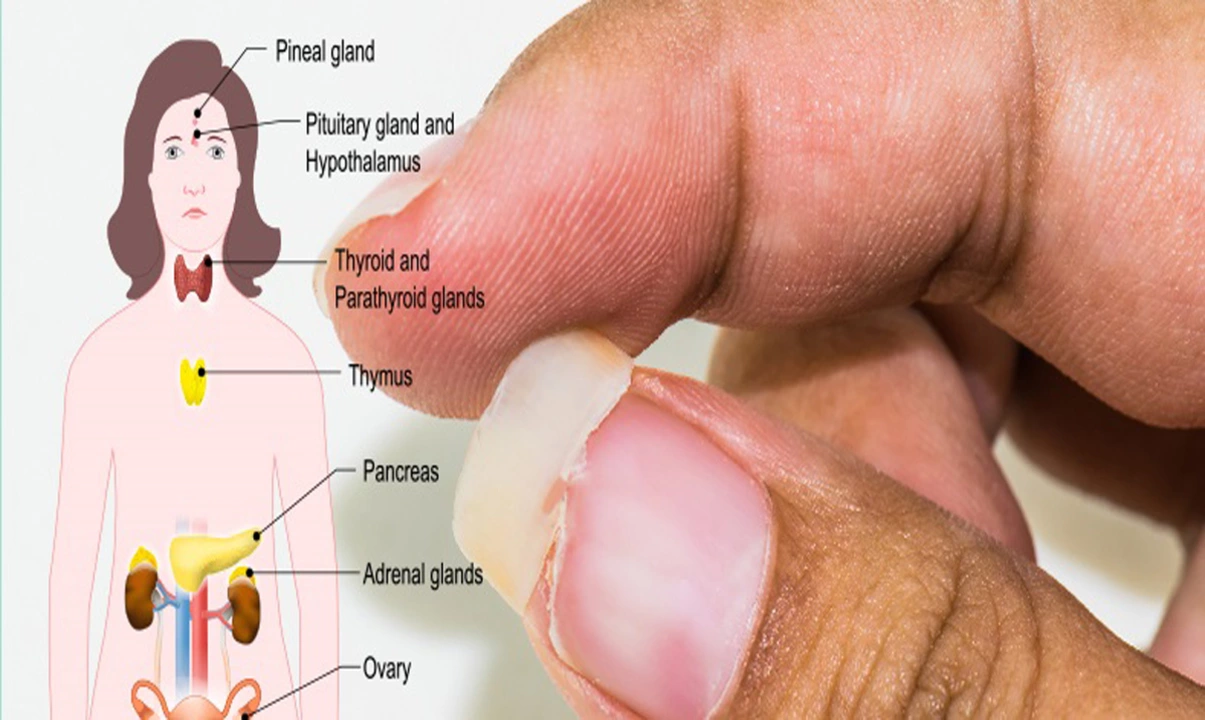Thyroid disorders: what to look for and how to manage them
Thyroid problems are common and often easy to miss. A slow thyroid (hypothyroidism) makes you tired, cold, and sluggish. An overactive thyroid (hyperthyroidism) can cause weight loss, fast heartbeat, and anxiety. If you’ve been feeling off, a simple blood test can give you answers and a clear path forward.
Common signs and the tests doctors use
Watch for changes in energy, weight, temperature sensitivity, hair and skin quality, and mood. If you notice persistent symptoms, ask your doctor for these tests: TSH (the main screen), free T4, and sometimes free T3. For suspected autoimmune thyroid disease, request thyroid peroxidase (TPO) antibodies. If you’re pregnant or trying to conceive, mention it—pregnancy changes thyroid needs and testing rules.
How treatments usually work and what to expect
For hypothyroidism the standard is hormone replacement. Levothyroxine (synthetic T4) is the most common option. Your doctor will start a dose based on your age, weight, and heart health. If you start or change dose, expect another TSH check in about 6–8 weeks. Once stable, checks usually happen every 6–12 months unless symptoms change.
Not happy with one medicine? There are alternatives. Some people do well on natural desiccated thyroid (brands like Armour Thyroid or Nature-Throid) or combination therapy that includes liothyronine (T3) in specific cases. These alternatives can help symptom control for some patients, but they require close monitoring and a doctor who understands thyroid nuances.
Hyperthyroidism has different options: antithyroid pills (methimazole or propylthiouracil), radioactive iodine, or surgery. Choice depends on severity, age, pregnancy plans, and personal preference.
Little but powerful tips: take levothyroxine on an empty stomach, 30–60 minutes before breakfast, or at bedtime at least four hours after your last meal. Keep calcium, iron supplements, and some antacids at least four hours away from your thyroid pill—they lower absorption. If you start or stop common drugs like proton-pump inhibitors or certain antidepressants, tell your prescriber; doses sometimes need adjusting.
If you’re pregnant, your levothyroxine needs will likely rise; plan for earlier testing and quicker dose changes. Older adults or people with heart disease usually start on lower doses to avoid stressing the heart.
Diet won’t cure thyroid disease, but a balanced diet helps. Avoid huge amounts of raw cruciferous vegetables only if you already have iodine deficiency (rare in many places). Keep iodine in a normal range—too little or too much can cause trouble. Ask your doctor before trying supplements like selenium; they can help some people but aren’t a universal fix.
Bottom line: if you suspect thyroid trouble, get tested and work with a clinician who listens. With the right tests and a tailored treatment plan, most people get back to feeling like themselves.

